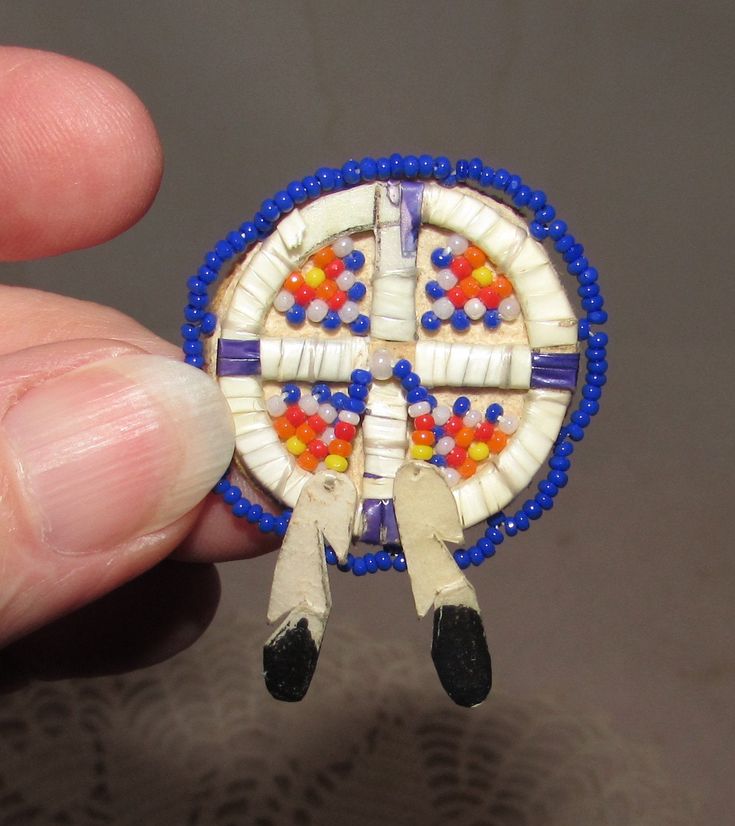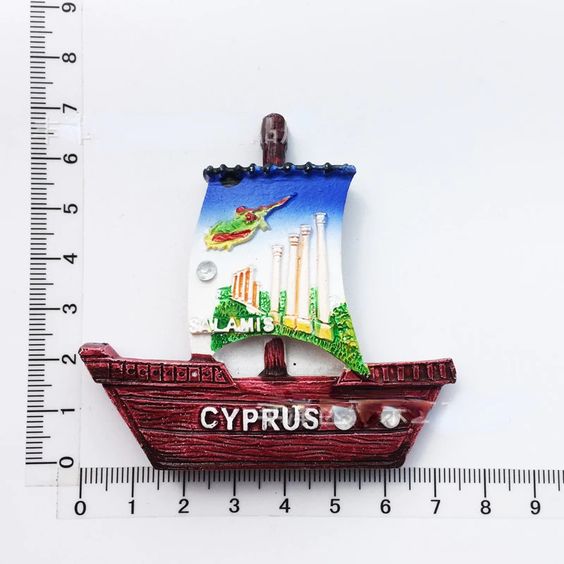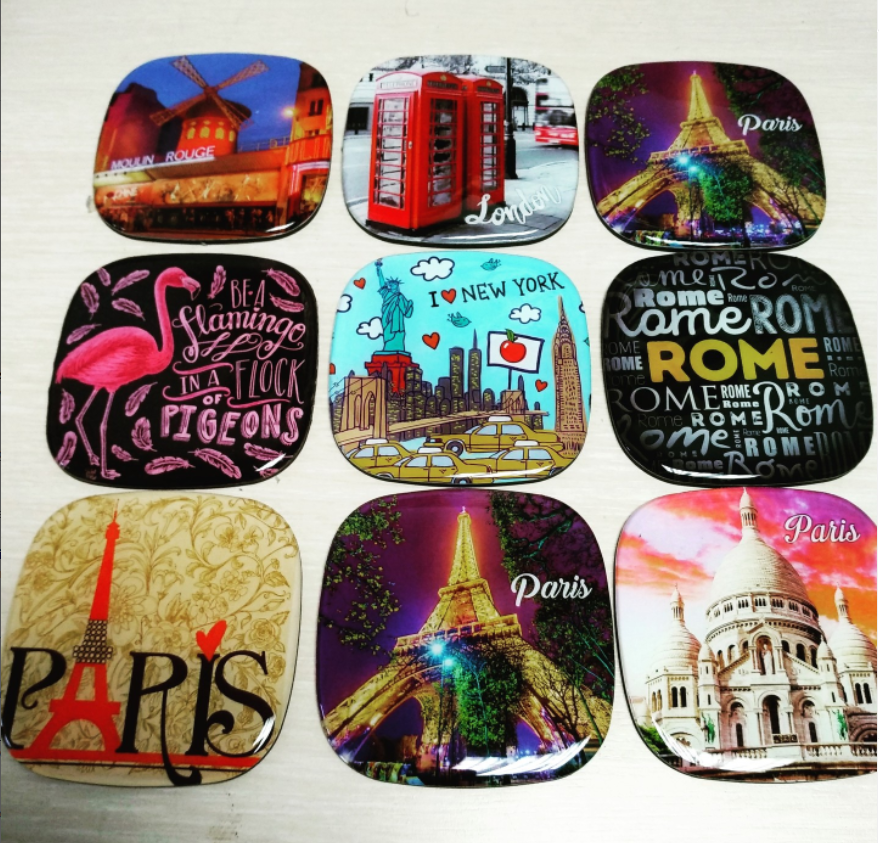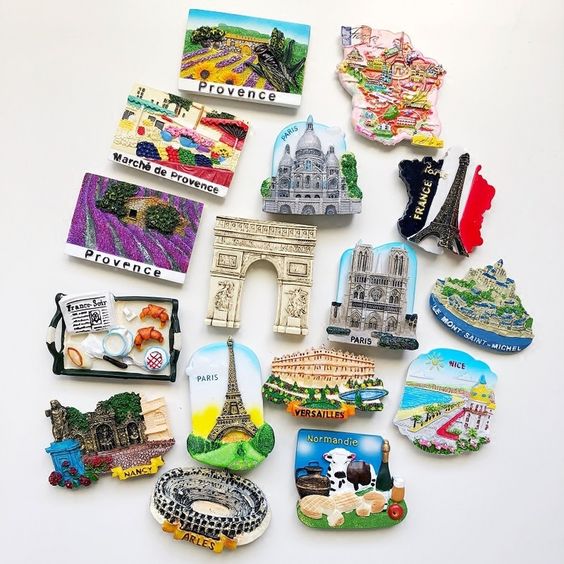Souvenirs are more than just keepsakes that travelers bring back with them from their journeys. They serve as a way to preserve memories, express identity, connect with others, and promote cultural heritage. Souvenirs can take many forms, from trinkets and mementos to artwork and handicrafts. In this article, we will explore the psychology of souvenir buying and why they are important in tourism.
Introduction

Souvenirs are items that people purchase while on vacation or visiting a new place. These items act as a reminder of the experiences and emotions felt during the trip. The souvenir industry is worth billions of dollars globally and continues to grow every year.
Emotional Connection: Souvenirs as Memory Triggers
Memories are powerful emotional triggers, and souvenirs serve as physical reminders of past experiences. When people buy souvenirs, they are often seeking to capture the essence of a place or experience. For example, a seashell from a beach vacation can transport someone back to that moment, and a snow globe from a winter trip can remind them of the joy of snowfall. Souvenirs can bring back memories of not only the experience itself but also the emotions that were felt at the time.
Identity and Self-Expression: Souvenirs as Symbols

Souvenirs can also serve as symbols of identity and self-expression. People often buy souvenirs that reflect their interests, hobbies, and personality. For example, a music lover might buy a record from a famous local artist or a bookworm might purchase a novel from a local author. These items serve as a representation of the traveler and can also be a way to connect with others who share the same interests.
Social Connection: Souvenirs as Gifts
Souvenirs can also be purchased as gifts for friends and family. They can express love, appreciation, and gratitude. Souvenirs can be a way to share the experience of the trip with loved ones who were unable to come along. Souvenir gifts can also be a way to show someone that you were thinking of them while away.
Cultural Significance: Souvenirs as Cultural Representations
Souvenirs can be cultural representations of a place or people. They can be a way to preserve and promote cultural heritage. For example, a handcrafted item made by a local artisan can represent the unique culture of a region. Souvenirs can also help to support local economies by promoting and sustaining traditional crafts and arts.
Marketing and Consumer Behavior: The Role of Souvenir Shops
Souvenir shops play a significant role in influencing consumer behavior. They use strategies such as display placement, packaging, and pricing to persuade customers to purchase souvenirs. Factors such as perceived value, rarity, and authenticity can also influence buying decisions. Souvenir shops can create a memorable buying experience by offering unique and personalized souvenirs and providing knowledgeable and friendly service.
Why are souvenirs important in tourism?

Souvenirs are important in tourism because they can enhance the travel experience. They can provide a tangible reminder of the journey and a way to connect with the destination. Souvenirs can also support the local economy and preserve cultural heritage.
Why do people bring back souvenirs?
People bring back souvenirs for a variety of reasons. Souvenirs can serve as memory triggers, symbols of identity, gifts for others, and cultural representations. Souvenirs can also be a way to support the local economy and preserve cultural heritage.
Conclusion

Souvenirs are much more than just trinkets or mementos. They are a way to preserve memories, express identity, connect with others, and promote cultural heritage. Understanding the psychology of souvenir buying can help both souvenir buyers and sellers create more meaningful experiences.
One aspect of souvenir psychology is the concept of “symbolic consumption.” People buy souvenirs not just for their functional use but also for the symbolic meanings they represent. Souvenirs can serve as a tangible reminder of a meaningful experience, such as a trip or a special occasion, and help people relive the positive emotions associated with it.
Additionally, souvenirs can also be a way for people to express their identity and values. Souvenir choices can reflect personal preferences, cultural heritage, or even social status. For example, a person may buy a souvenir that highlights their interest in a particular hobby or sports team or a souvenir that represents their cultural background.
Souvenir buying can also serve as a way for people to connect with others. By sharing souvenirs with friends and family, people can strengthen social ties and create a sense of community. Souvenir exchanges can also be a way for people to demonstrate their thoughtfulness and consideration toward others.
Lastly, souvenirs can serve as a means to promote cultural heritage. By buying souvenirs that represent local cultures and traditions, people can help preserve and promote those customs. Souvenir sellers can play a significant role in this process by providing authentic and culturally relevant items.
Overall, souvenir buying is a complex phenomenon with deep psychological roots. By understanding the symbolic meanings behind souvenirs, both buyers and sellers can create more meaningful experiences and promote cultural heritage.
- Resin vs. Ceramic: A Data-Driven B2B Comparison for High-Volume Souvenir Orders - February 4, 2026
- AQL 2.5 vs. 4.0: Defining Acceptable Defect Thresholds for Mass-Produced Tourist Magnets - January 28, 2026
- The Importer’s Guide to Total Landed Cost (TLC): Calculating the Real Price of Resin Souvenirs from Quanzhou - January 21, 2026





yeminli çevirmen
personel takip yazılımı
content creator
noter onaylı tercüme